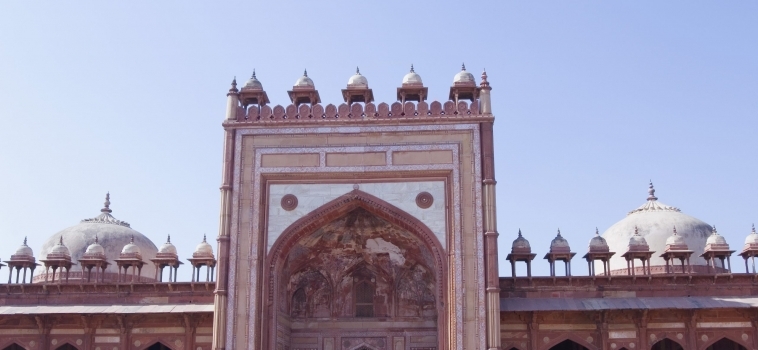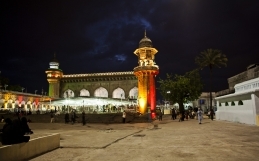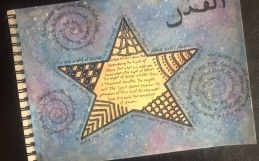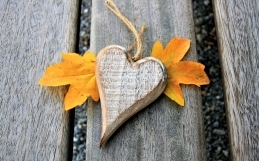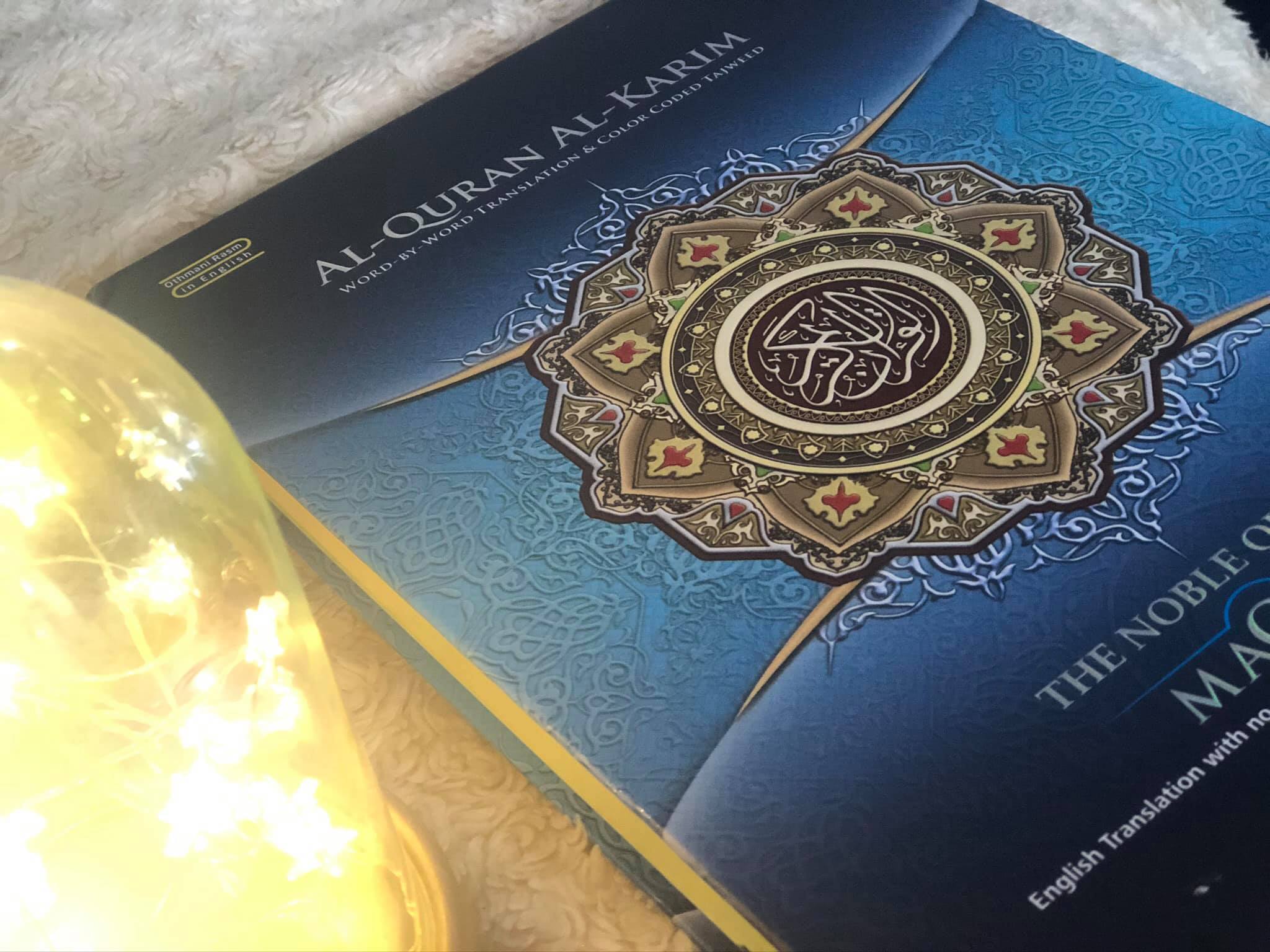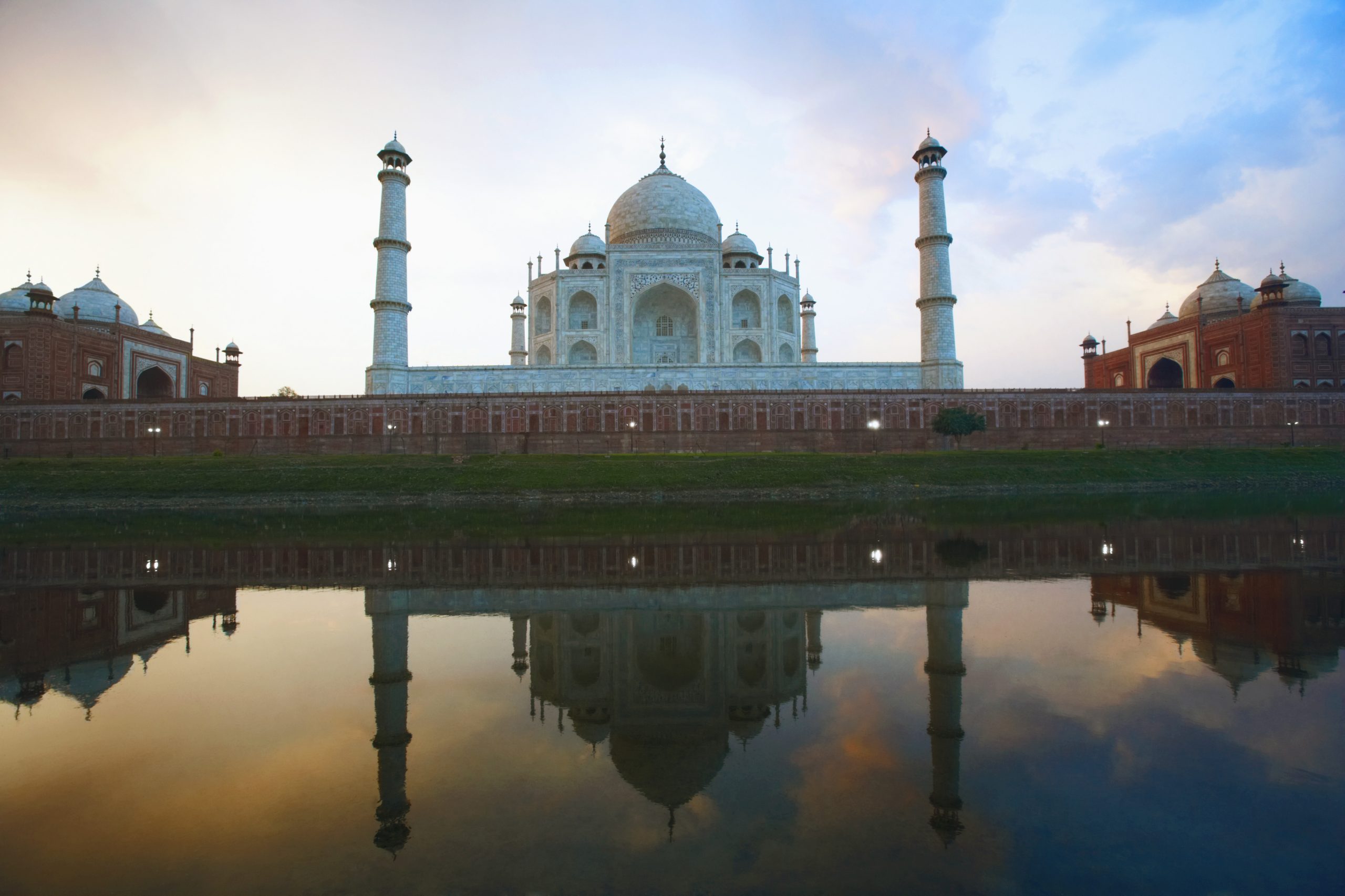Ramadan is usually a time for spirituality and reflection. I have fond memories of growing up as a child and being in the kitchen with my mother cooking special delicious food that we only ate during the long summer fasts of Ramadan. We would then take the food we cooked to the mosque and share it with the other women and children at Iftar time.
Our local mosque has always welcomed women and children so we were very lucky. My mum created a wonderful festive feeling during Ramadan which has left me with so many heart-warming memories. I have tried to recreate some of these memories and traditions for my own three children, although it isn’t always easy. As an adult I now also associate Ramadan strongly with community and doing good. Ramadan is the time of year when most of us give the most we can to charity. This generosity means that each year British Muslim communities donate millions of pounds to charity during Ramadan.
This year however with the covid-19 crisis impacting the world, and most of us (unless you’re a key worker for example, an NHS staff member or rubbish collector) observing the lockdowns implemented by many countries, I am not sure what this Ramadan is going to bring or indeed what it will be like.
Mosques and madressas are rightly closed during these social distancing measures. This Ramadan we will be staying at home instead of visiting mosques or friends and family. So this year, Ramadan is going to be very different. There will be no large communal Iftars, sharing food, congregational prayers or reading the Qur’an together. The usual charitable functions and fundraising will not happen in the same way either. Many people will also be facing financial hardship in ways they had not experienced before, having found themselves out of work or their businesses collapsing as a result of the coronavirus crisis.
As I write this article it is early April and not yet Ramadan. But we are already seeing the devastating impact of coronavirus on people’s lives. The daily news provides us with updates on the exponentially increasing number of cases and deaths. People in my networks have sadly passed away due to the virus, and many more are experiencing the illness. This infectious disease cruelly and indiscriminately snatches away peoples lives, too early for some. I am left wondering what the world will look like by the end of April when the holy month is due to start.
In this environment, it is natural and normal to feel anxiety. It is probably safe to say that the entire world is feeling anxious and fearful, for their lives, their loved ones and their livelihoods. In the Western or Northern, developed countries we are privileged by living in countries that have some form of healthcare infrastructure, with governments that can potentially support those who have been impacted the most and those most deserving.
However, there are many populations facing hardship that we could not even begin to imagine. To name a couple of examples, there are millions of Syrian refugees in camps in across the Middle East, and there are nearly 900,000 Rohingya refugees in Cox’s Bazaar in Bangladesh. In these camps living conditions are poor and unhygienic, with little or no access to adequate medical aid and it is extremely difficult for any social distancing measures to be implemented, which means that covid-19 is likely to spread very quickly with devastating effects. And when people will fall severely ill there are probably no specialist care units and ventilators to help them recover.
In other countries like India, populations are facing indirect suffering from the impact of the coronavirus crisis. Indian authorities are currently seeking to marginalise and deny their Muslim citizens fundamental human rights, as people are experiencing untold suffering from starvation to increased hatred, bigotry and violence.
These were people already living in desperate conditions facing oppressive regimes, which have now been exacerbated even further with the global coronavirus crisis. In the UK, where I live, we are fast approaching the peak of the virus which is likely to coincide with the Easter weekend. What is unknown is how long it will last for. The peak of the virus is the period when there will be the most number of cases and deaths from coronavirus. Faced with this impending global gloom people would be forgiven for feeling despair.
As Muslims, Islam teaches us not to despair. In the Quran Allah(SWT) says:
“My mercy encompasses all things” [Quran 7:156]
And there is no better time to remember Divine mercy than in the month of Ramadan which is known as the ‘month of mercy’. This Ramadan I am hoping to use the lockdown as an opportunity to do more internal reflection, focus on the things that I am grateful for, the many positives and blessings in life that I enjoy and am lucky to have. By doing this I hope I can reconnect to the Divine, and the spiritual dimensions of Ramadan enabling me to remember Allah’s mercy. I might not be able to meet family and friends to pray and share food together but at least I know by staying home they are safe, and collectively we will be keeping many other people safe. One of my favourite verses in the Qur’an is:
“Allah does not burden a soul beyond what it can bear” [Quran 2:286]
This verse fills me with hope, that whatever trials the coronavirus crisis will throw up, I will be able to deal with them, with Allah’s mercy. This is the blessing and gift of Ramadan – that it begins and ends with mercy, and allows us to connect with the Divine. It is up to us to make use of the best of the opportunity that Ramadan provides us by focussing our minds on the positives, the blessings and to remain optimistic.
There are so many reasons for us to be optimistic that have come about as a result of the coronavirus crisis. For example for the first time in many years the homeless have been found homes, strangers from different backgrounds are helping each other, and neighbours are finally getting to know each other.
Meanwhile in the UK NHS and frontline workers are risking their lives everyday so that we can continue to try and live a normal life as much as is possible under the lockdown. And they are finally receiving the credit, recognition and validation they so richly deserve. The first deaths of NHS doctors from covid-19 were all front-line workers from BAME and Muslim backgrounds. They have been hailed as national heroes. It is just a shame that it has taken a global pandemic for society to finally recognise their altruism and enormous contributions. Their selflessness is a lesson to all of us to remain hopeful in the face of adversity and to continue to do good for others.
This Ramadan choose hope.
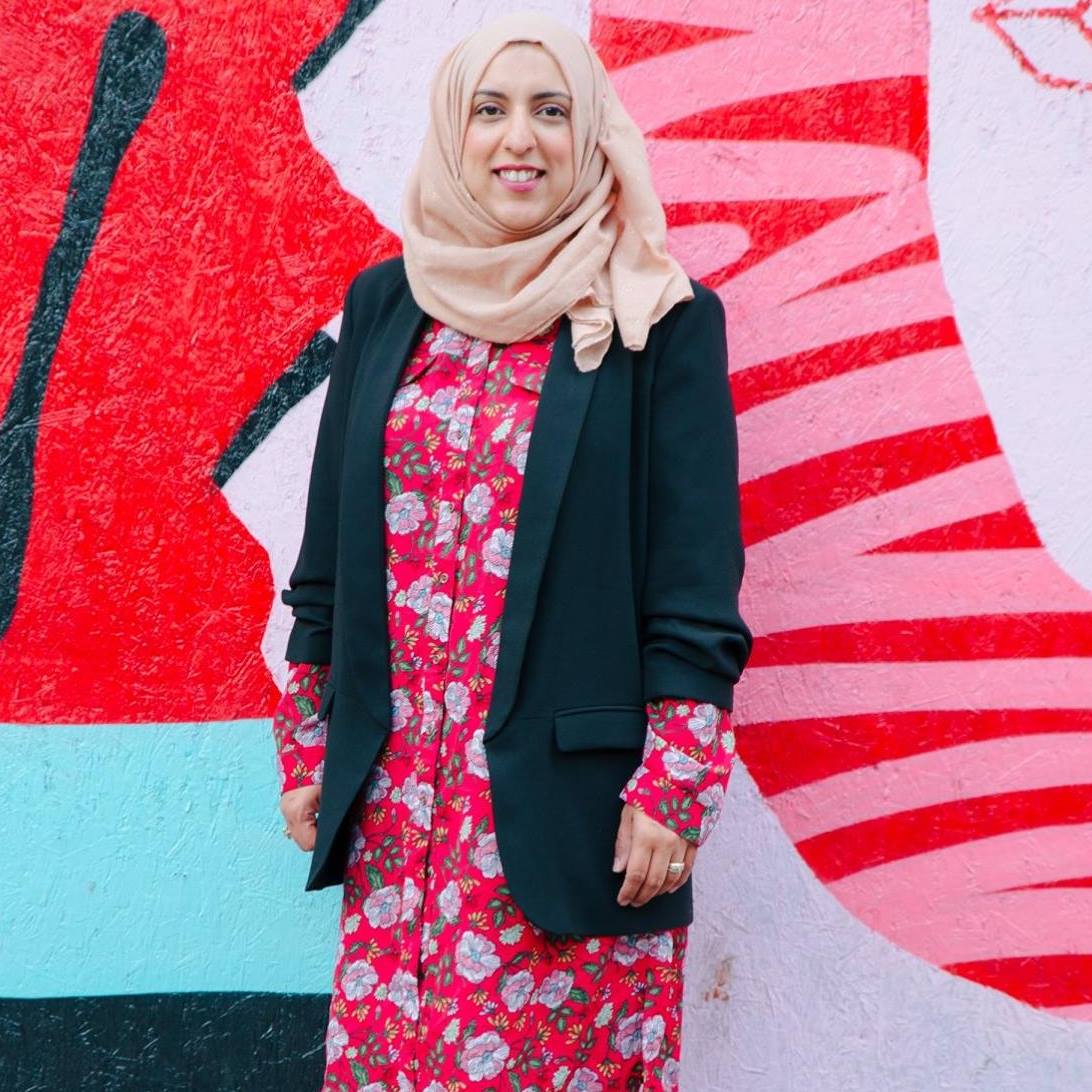
Author Bio
Akeela Ahmed MBE has been an equalities activist and campaigner for nearly nearly 20 years. On Muslim Women’s Day, she was listed in Nylon magazine as an activist that is ‘making a difference’. In 2014 she founded ‘She Speaks We Hear‘ which gives unfiltered women’s voice a platform. Akeela advises and works with government in tackling anti-Muslim hatred, sitting on the Anti-Muslim Hatred Working Group as Chair of the Independent Members. She is also a social entrepreneur within the social housing sector. Akeela was a co-organiser of the Women’s March on London and in January 2017, she spoke to over one hundred thousand people at the Women’s March on London. For her work with WML she was listed as one of Stylist’s Women of the Year 2017. Her portrait was part of the National Trust’s We Are Bess exhibition at Hardwick Hall, which showcases modern and historic female leaders.
